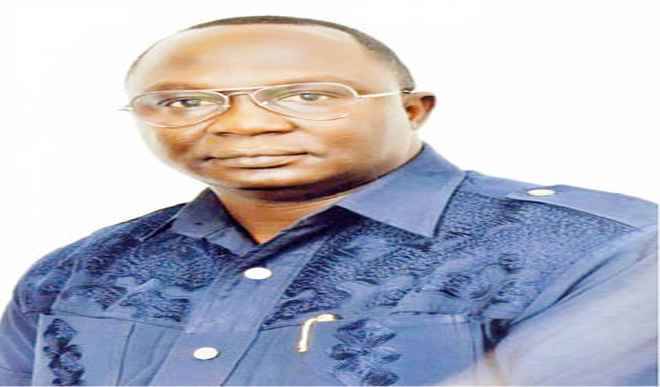NLC wants alternative economic model to check unemployment
The Nigeria Labour Congress (NLC) has described as worrisome the statistics released by the National Bureau of Statistics for the third quarter of 2018 indicating that unemployment and underemployment have increased by “3.3 million from 17.6 million in Q3 2017 to 20.9 million in Q3 2018”. The NLC, in a statement issued by its president, […]

The Nigeria Labour Congress (NLC) has described as worrisome the statistics released by the National Bureau of Statistics for the third quarter of 2018 indicating that unemployment and underemployment have increased by “3.3 million from 17.6 million in Q3 2017 to 20.9 million in Q3 2018”.
The NLC, in a statement issued by its president, Ayuba Wabba, Friday, said the congress was worried over the increasing number of unemployed graduates, skilled and semi-skilled youth, especially in the rural areas despite government’s claims of boost in food production.
Wabba noted that the high unemployment rate was an indication of government’s failure to diversify beyond oil.
He said, “It is more worrisome that as unemployment/underemployment increase so is the general increase in social vices and criminalities around the country where the youth are the most common perpetrators.
“The congress is also concerned that the number of women in unemployment/underemployment which is currently 6.6% higher than that of men is partly an indication of the increasing vulnerability of families as poverty and cost of living increase and the economy is yet to fully recover from recession.
“This situation not only worsens the vulnerability of women in the socio-economy but further exacerbates the gender dimension of social vices and criminalities in the country,” he said.
He said the combination of unemployment and underemployment, coupled with inflation, had put additional pressure on workers, who have the additional responsibility to cater for some of the needs of relatives and friends, adding that it justified the need for an urgent implementation of a new minimum wage.
Wabba, therefore, recommended that the real sector, which has the capacity to create employment, be reorganised within the context of an alternative model that departs from an overarching dependence on the private sector and foreign investment.
